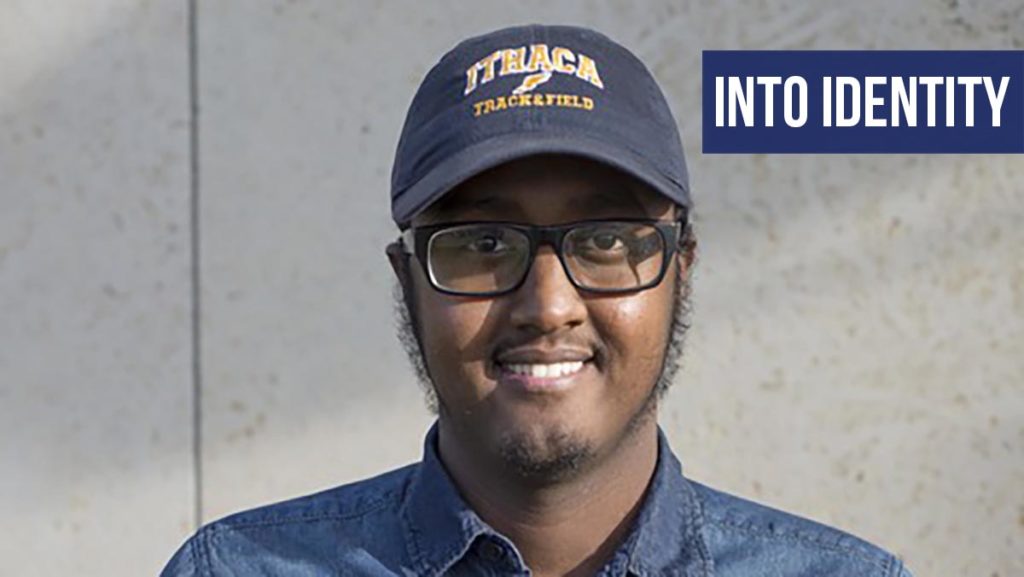Black athletes engaging in political demonstration go as far back as 1968 when Tommie Smith and John Carlos raised their clenched fists high in protest of oppression and violence during the civil rights era. At an Olympics game in Munich, Germany, in 1972, track athletes Vince Matthews and Wayne Collett casually stood on the winner’s podium and faced away from the flag. A year later, some black athletes at Eastern Michigan University chose to not observe the national anthem. At least one of the athletes continued to warm up while another reclined on the ground. In 1996, the NBA suspended Mahmoud Abdul-Rauf of the Denver Nuggets for refusing to stand during the national anthem. And now, professional athletes from various sports have joined Colin Kaepernick in sitting, kneeling or raising their fists during the national anthem.
These strategies are deliberate and powerful. They are meant to raise awareness about the endemic structural inequalities that exist in the United States. However, some people, especially reactionary conservatives, have hijacked the conversation to make this solely about dogmatic patriotism. According to these folks, athletes merely exercising their constitutional right to freedom of speech is a rebuke to the entire country, especially our troops who fought for the freedoms we take for granted.
These arguments clearly miss the essential grievance of these protesters: the routine killing of black men by police officers. But I want to focus on the controversy over patriotism and flags.
People get extremely upset if you suggest our military has done anything less than spread candy canes and good wishes around the world. Nobody is usually willing to hear about the regions the U.S. government destabilized for our own ends and the massive problems we’ve caused that we’ve barely seen any repercussions for.
I’ve been called “unpatriotic” for arguing this. To me, patriotism isn’t much different from a religion. It’s a belief in a less nebulous higher power, one that must similarly go unquestioned. And it almost seems to be a front for racism these days.
I don’t think patriotism is inherently racist, per se. There are people who genuinely love America, want what’s best for it and have good intentions. But the kinds of people that adorn themselves in the flag and insist on it to the point of exhaustion definitely seem to be using it to obscure a seedier agenda, which always seems to include policing the confrontational politics of black athletes.






